Recently, a ghastly viral video shows passenger toeing the line in in-flight etiquette sparked a new trend on new media.
© Image | Twitter
On July 15, an NYTimes bestselling author, Alafair Burke, posted this video on her Twitter, which has gained 34k Retweets and 155k Likes until now.
© Image | Twitter
“I will never forget the passenger who opened their blanket to find someone had sh** in it – how we learned they don’t clean blankets for planes either!!!!” © Image | Twitter “People in first-class look at me crazy for wiping down everything. This is exactly why. Yuck.” © Image | Twitter
“I wipe it all down, including the armrests, the tray table, the seat, and sometimes the back seat pocket. I am still reeling from the video. I need to sit down and rethink life”
© Image | Twitter It’s disgusting!!
In fact, what appeared on this video is just the tip of the iceberg. Until now, you might still wonder how clean the airplane really is… The Bathroom Isn’t The Dirtiest Place
Perhaps to the surprise of many, the airplane bathroom isn’t the dirtiest place on the plane. While you should still be careful touching the flush button, door handle and other high-traffic spots in the bathroom, airlines are intentional about cleaning it regularly.
© Image | PS A 2015 study shows a couple of places to actually be dirtier than the bathroom. A microbiologist collected samples from four flights to calculate the total number of bacteria per square inch.
Though the airplane bathroom flush button had 265 bacteria colony-forming units (CFU) per square inch, there are two places on the plane the study confirmed to have more bacteria than the flush button.
© Image | Travelmath
To summarize, here is a ranking of the dirtiest places and surfaces on airplanes and at airports: Tray table – 2,155 CFU/sq. in. Drinking fountain buttons – 1,240 CFU/sq. in. Overhead air vent – 285 CFU/sq. in. Lavatory flush button – 265 CFU/sq. in. Seatbelt buckle – 230 CFU/sq. in. Bathroom stall locks – 70 CFU/sq. in.
Are you ready to be grossed out?
Airplane seatback trays are the dirtiest place on the airplane. The same study shows that trays have 2,155 CFU per square inch. That’s 8x higher than the toilet flush button.
© Image | Google
In-between flights, the airline staff do a quick cleanup of the cabin. But this cleanup primarily looks for removing trash and a possible wipe down of the seats. They don’t have the time to sanitize each tray in between boardings.
© Image | PS For a clean tray, plan on bringing your own disinfecting wipes or a cloth to cover the tray while it’s unstowed.
Many of us will choose to put their passport, headset or other personal items into it.
© Image | PS
As a matter of fact, it’s dirtier than you think and also colon bacillus can be found here, which means that the pocket has been infected by feces.
Piss ▽ © Image | PS
Briefs ▽ © Image | PS
Feet ▽ © Image | PS
Food debris ▽ © Image | PS
Baby diapers ▽ © Image | PS
Denture ▽ © Image | PS
According to a cleaner who worked for the airline company, they used to only have 15 minutes to do the cleaning.
Crew members listed the many horrors they have come across while on the job.
“My last flight an elderly man accidentally sh** on the floor, stepped in it, and walked on like it was nothing,'”said one former flight attendant.
They also warned to be wary of toilet floors on the plane. And told passengers to make sure they keep their shoes on when heading to the bathroom.
“Please do not ever walk into a toilet with bare feet. I promise you, 9 times out of 10, that is not water on the floor.'”
© Image | PS
“They are often absolutely disgusting and get deep cleaned only at the end of a route… For us this could be from one side of the world to the other… imagine how lovely they are at the end of a 12-hour flight with 200 people using them.”
It’s not just your co-passengers that bring germs onto the plane. The in-flight beverages can be unhealthy too. This is because flight attendants might use tap water to brew coffee and tea. Plus, if there isn’t enough bottled water to go around, flight attendants might use tap water for the rest of the flight.
© Image |Google
While airplane tap water is sanitary enough for human consumption and you most likely won’t get a mysterious parasite, you’ll probably get more bacteria and germs than you wish to ingest. This is mostly because the tap water passes through multiple channels and holding tanks that aren’t constantly cleaned.
© Image |Google
Not too long ago, there was an article released on The Wall Street Journal, named How Safe is Airline Water? Bring Your Own Bottle!
© Image |WSJ
The investigators tested water samples from 14 different flights everywhere from Atlanta to Sydney, Australia. However, the test result is actually… © Image |WSJ
Almost all of the bacteria levels were tens, sometimes hundreds, of times above U.S. government limits
© Image |WSJ This article is not intended to make panic. We just want to tell some of the real cases about the airline. More of a reminder. Practicing good hygiene habits can limit your exposure to germs.
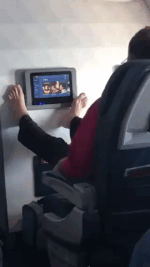
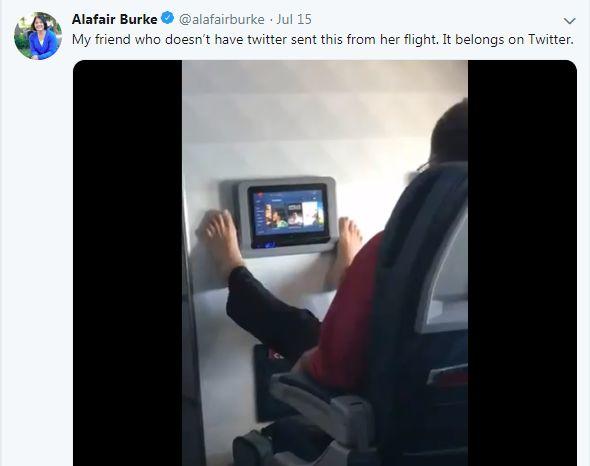



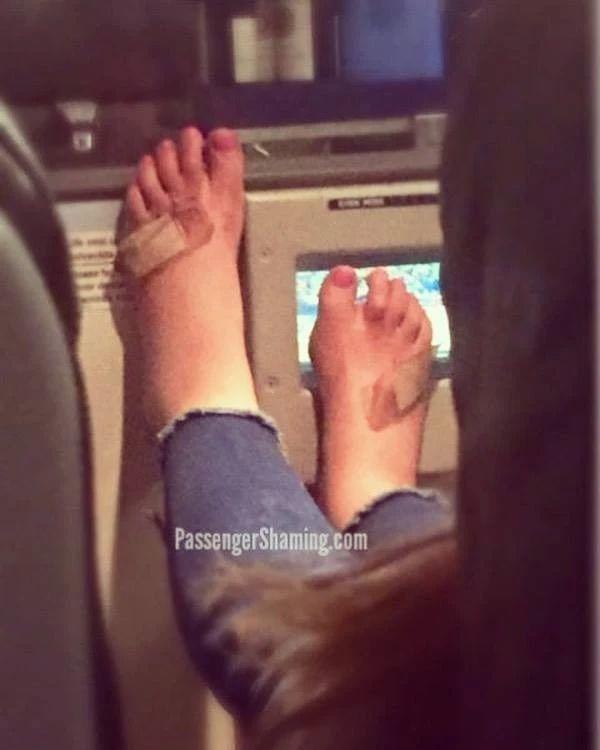

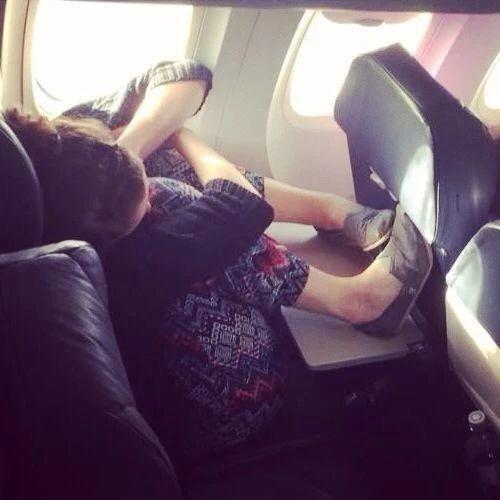
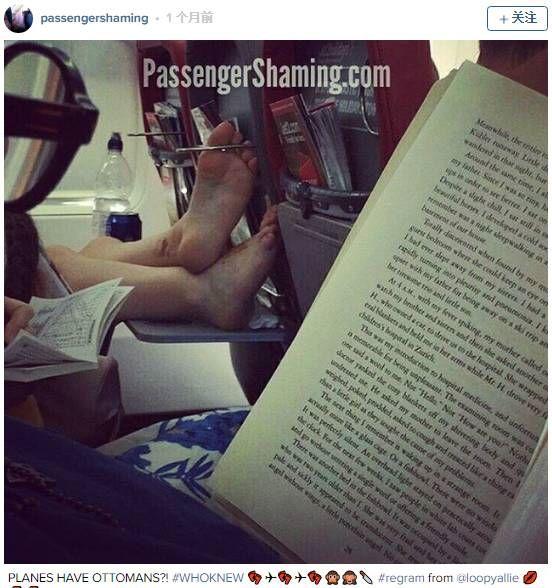
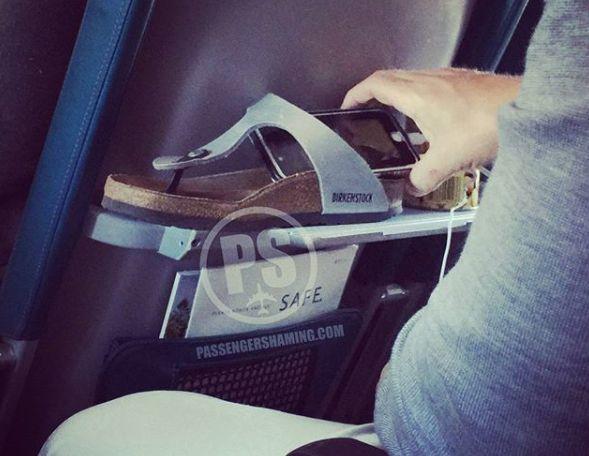
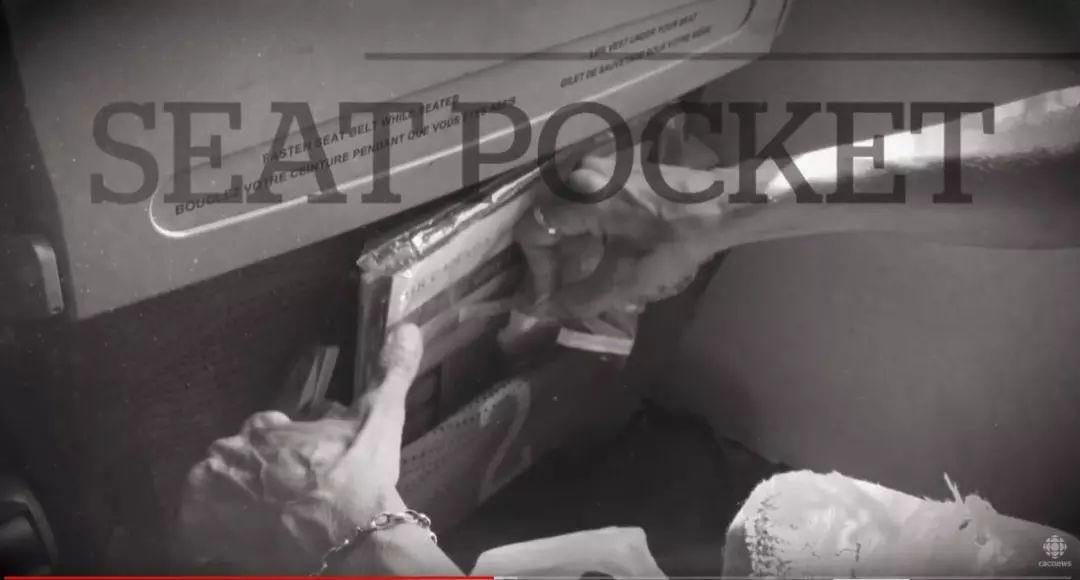
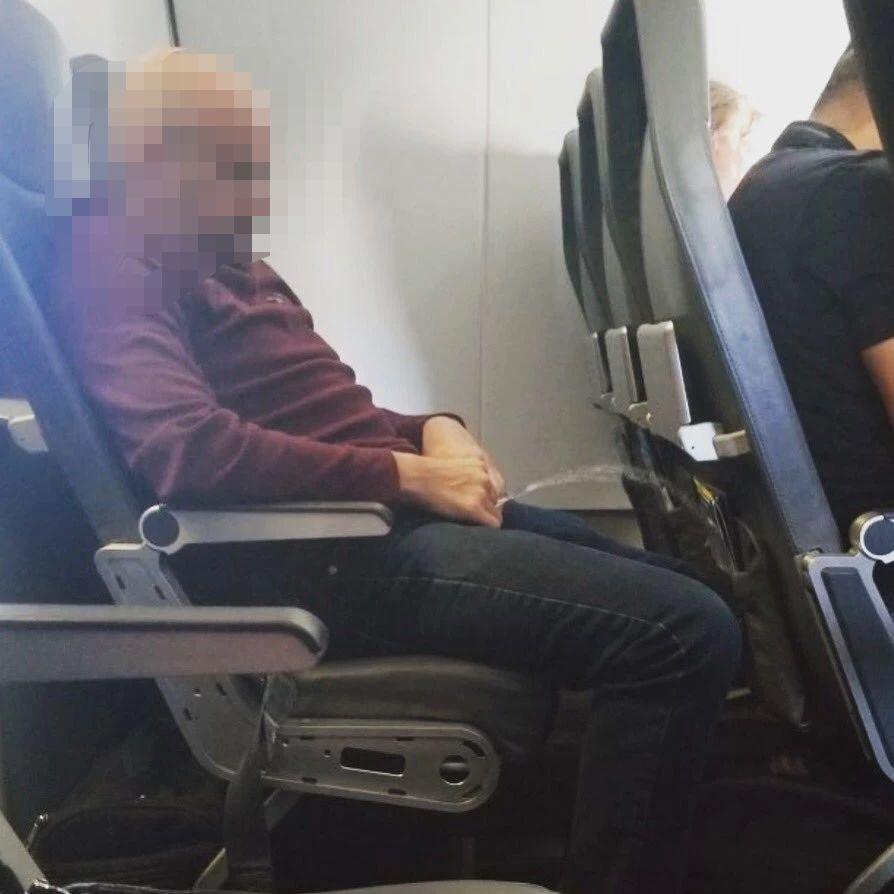
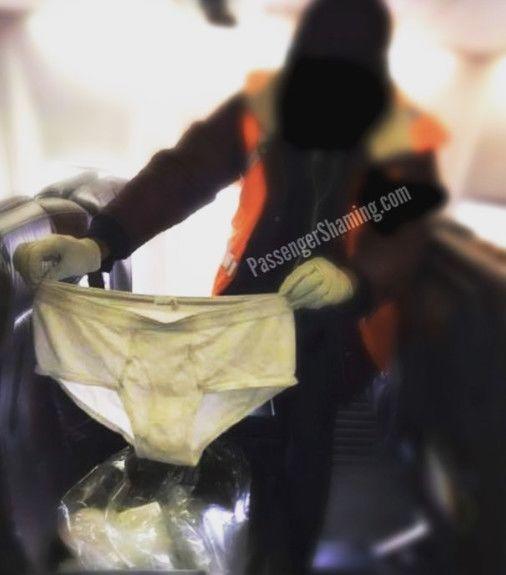
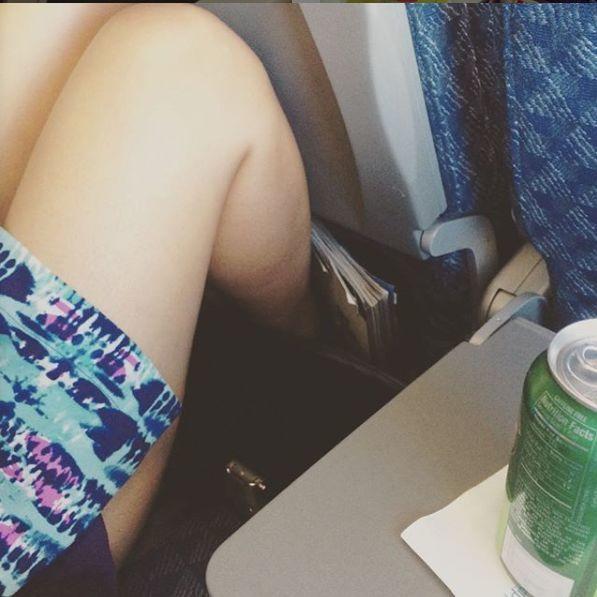
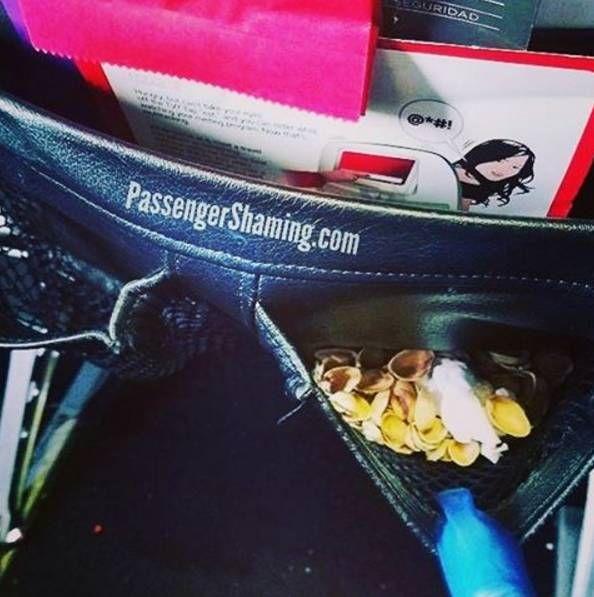
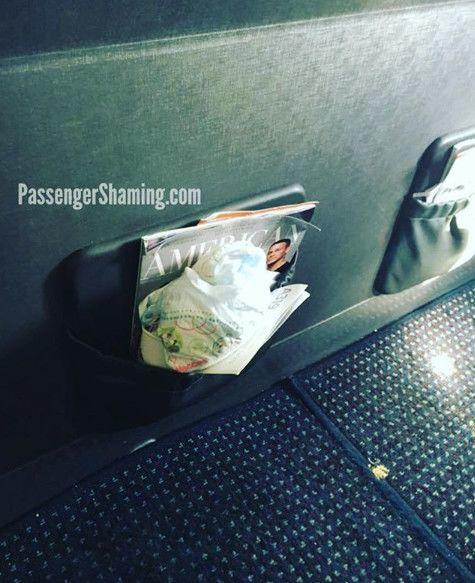
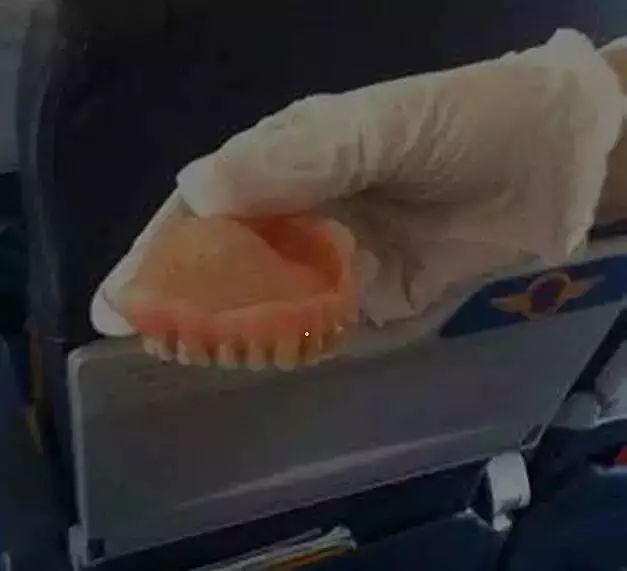

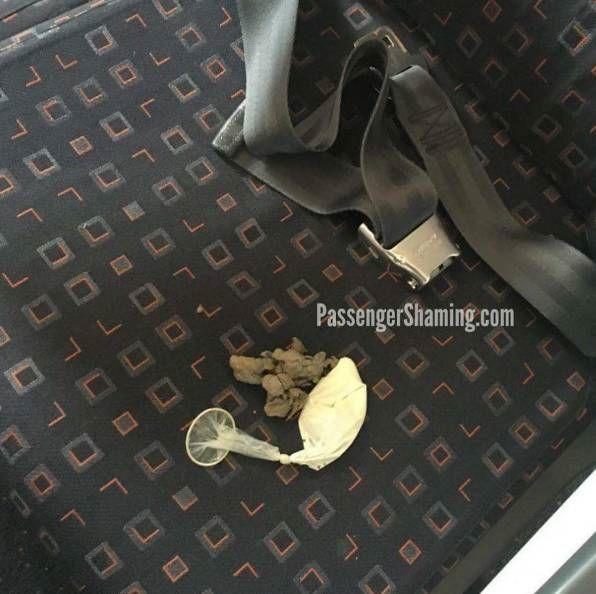
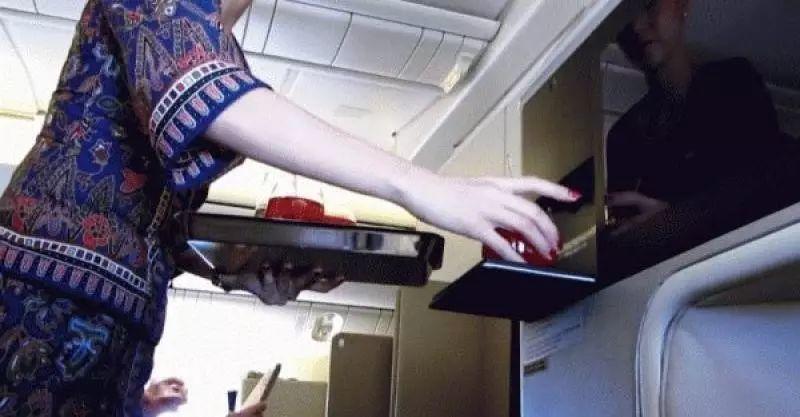
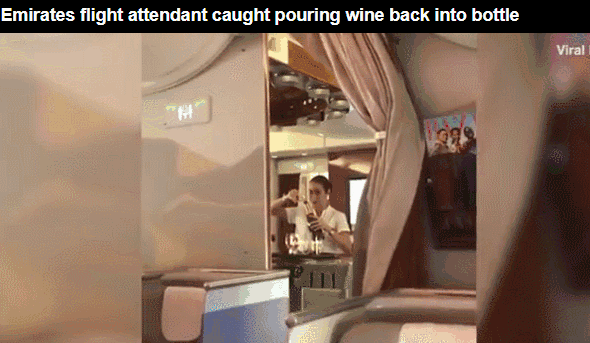
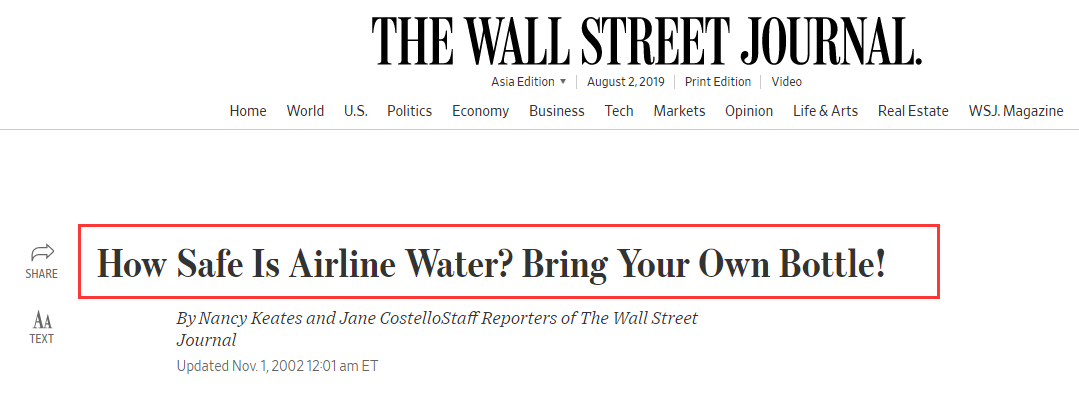
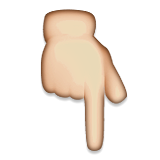
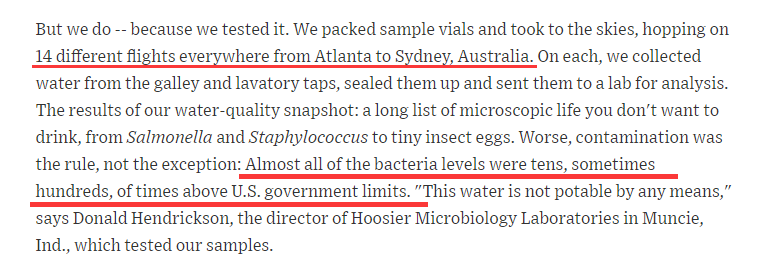
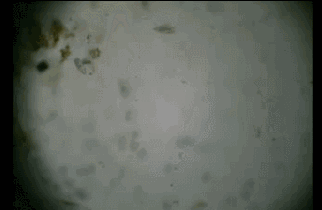
Share to let your friends know!

Ref |WSJ/Twitter/Travelmath/MSN/Yahoo/Forbes
 |
Guidelines: Transfer Money Overseas Via Alipay! |
| RMB With These Numbers Are All Fake! Pay Attention! | |
| How Much Money Can I Bring When Entering China? |

